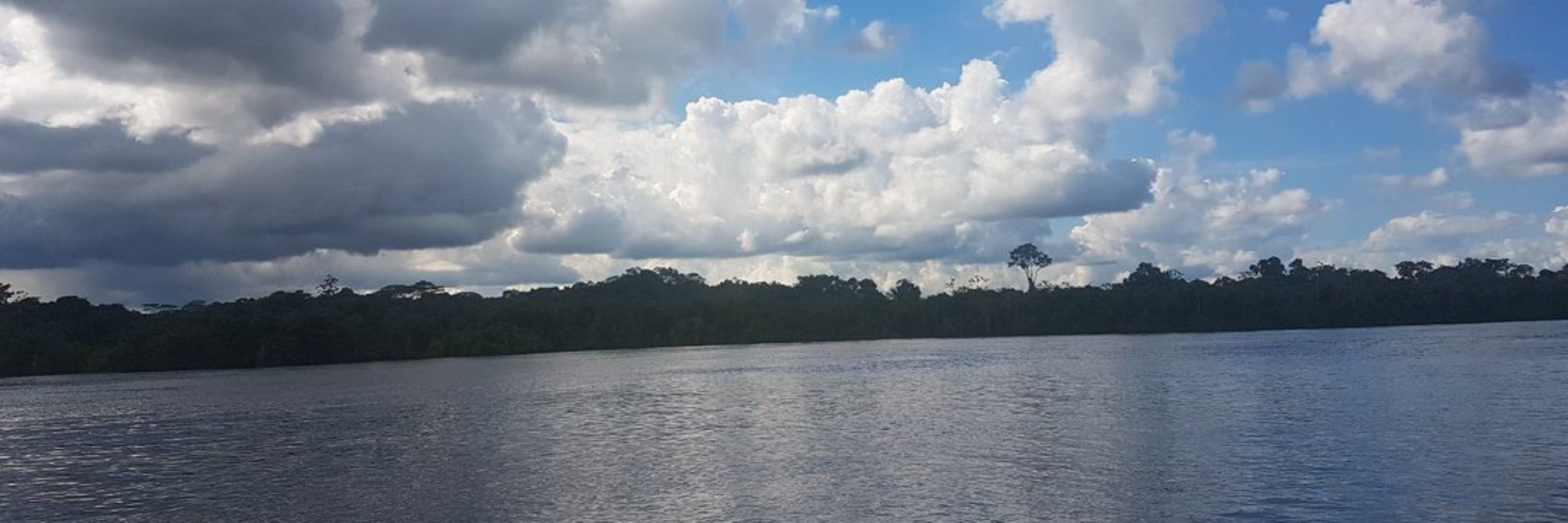
"Mr. Starmer said the change would be funded by cutting overseas development aid from 0.5 percent of gross domestic product to 0.3 percent, adding that he regretted the reduction."
Ugh.

"Mr. Starmer said the change would be funded by cutting overseas development aid from 0.5 percent of gross domestic product to 0.3 percent, adding that he regretted the reduction."
Ugh.
ideas.repec.org/p/feb/natura...

ideas.repec.org/p/feb/natura...
Today on VoxDev, Mai Mahmoud (J-PAL) shows that without subsidies, the price of agricultural inputs is actually a barrier to technological adoption in Bangladesh: voxdev.org/topic/agricu...
Today on VoxDev, Mai Mahmoud (J-PAL) shows that without subsidies, the price of agricultural inputs is actually a barrier to technological adoption in Bangladesh: voxdev.org/topic/agricu...
The key idea, based on decades of strong research evidence: focus on increasing the probability of getting caught, not the punishment.
www.nytimes.com/2024/12/07/o...
The key idea, based on decades of strong research evidence: focus on increasing the probability of getting caught, not the punishment.
www.nytimes.com/2024/12/07/o...

One Laptop Per Child still doesn't work (in fact it may be actually be harmful for learning)
publications.iadb.org/en/laptops-l...

One Laptop Per Child still doesn't work (in fact it may be actually be harmful for learning)
publications.iadb.org/en/laptops-l...
Longer posts soon, but if you're interested in "natural experiment, long-run effects" style econ history, check out my papers: www.corybsmith.com/research
The above mostly study the US, with upcoming work on Pakistan!
Longer posts soon, but if you're interested in "natural experiment, long-run effects" style econ history, check out my papers: www.corybsmith.com/research
The above mostly study the US, with upcoming work on Pakistan!
Today on VoxDev, Irina España-Eljaiek & María José Fuentes-Vásquez outline their research: voxdev.org/topic/educat...

Today on VoxDev, Irina España-Eljaiek & María José Fuentes-Vásquez outline their research: voxdev.org/topic/educat...

